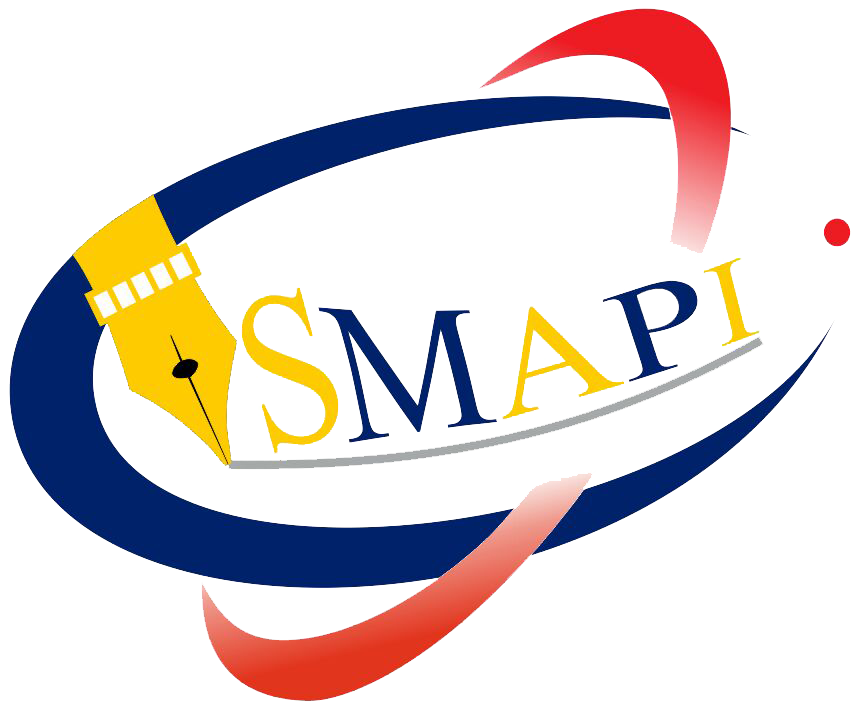ILMIS-BASED EDUCATION AND TRAINING SIM MANAGEMENT MODELS ON INCREASING ORGANIZATIONAL PRODUCTIVITY
DOI:
https://doi.org/10.22236/jkpuhamka.v1i1.3427Keywords:
Education and Training Management Information System, Integrated Learning Management Information System, organization productivityAbstract
Quality education and training programs are needed by every organization to improve employee competencies and productivity which in turn can help improve organizational productivity. To support the implementation of a quality Education and Training program, an integrated Education and Training management information system is needed that can process data and produce accurate information and can be used as a reference in decision making. The study used a descriptive qualitative method which aims to provide an overview of a situation that exists in the present, then explained, analyzed and presented so that it becomes a clear and systematic picture in which data is obtained using several data collection techniques namely observation, in-depth interviews and studies documents in the Islamic Bank. Data analysis was carried out using the Miles & Huberman model approach, namely through a data reduction process, a data display and a conclusion drawing/verification. Research to see the relationship between the implementation of the management model of Education and Training Management Information Systems (SIM Education) based on Integrated Learning Management Information System (ILMIS) in improving organizational productivity. Based on the results of the study there are 5 main factors supporting the successful implementation of this governance model. The five factors are management's role/support, employee learning culture, HR system and readiness, technology readiness and Education and Training Team commitment.
Downloads
References
Kusriyanto, Bambang. 1984. Meningkatkan Produktivitas Kerja Karyawan. Jakarta: PT Gramedia
Latief, Abdul Madjid. 2014. Evaluasi Kinerja SDM. Konsep Aplikasi, Standar dan Penelitian. Jakarta: Haja Mandiri.
Laudon, Kenneth C; Laudon, Jane P. 2007. Sistem Informasi Manajemen. Jakarta: Salemba Empat
Macleod, Raymond. 1990. Management Information Systems: A Study of Computer) Based Information Systems). Fourth Edition. New York: Macmillan Publishing Company.
Nawawi, Hadari. 1995. Tunjangan Kesejahteraan Yang Efektif. Yogyakarta: UGM Press.
Pursley, Robert D; Snortland, Neil. 1980. Managing Government Organization. California: Wodswort Inc.
Soeherman, Bonnie; Pinontoan, Marion. 2008. Designing Information System: Concepts & Cases with Visio. Jakarta: Elex Media Komputindo.
Sutabri, Tata. 2016. Sistem Informasi Manajemen (Edisi Revisi). Yogyakarta: Penerbit Andi.
Sutirna; Samsudin, Asep. 2015. Landasan Kependidikan: Teori dan Praktek. Bandung:Refika Aditama.
Undang-Undang Republik Tahun 2003 Tentang Ketenagakerjaan Yang Mengeluarkan Tahun Nomor 20.
Undang-Undang Republik Indonesia Tahun 2003 Tentang Sistem Pendikan Nasional Yang Mengeluarkan Tahun Nomor 20.















